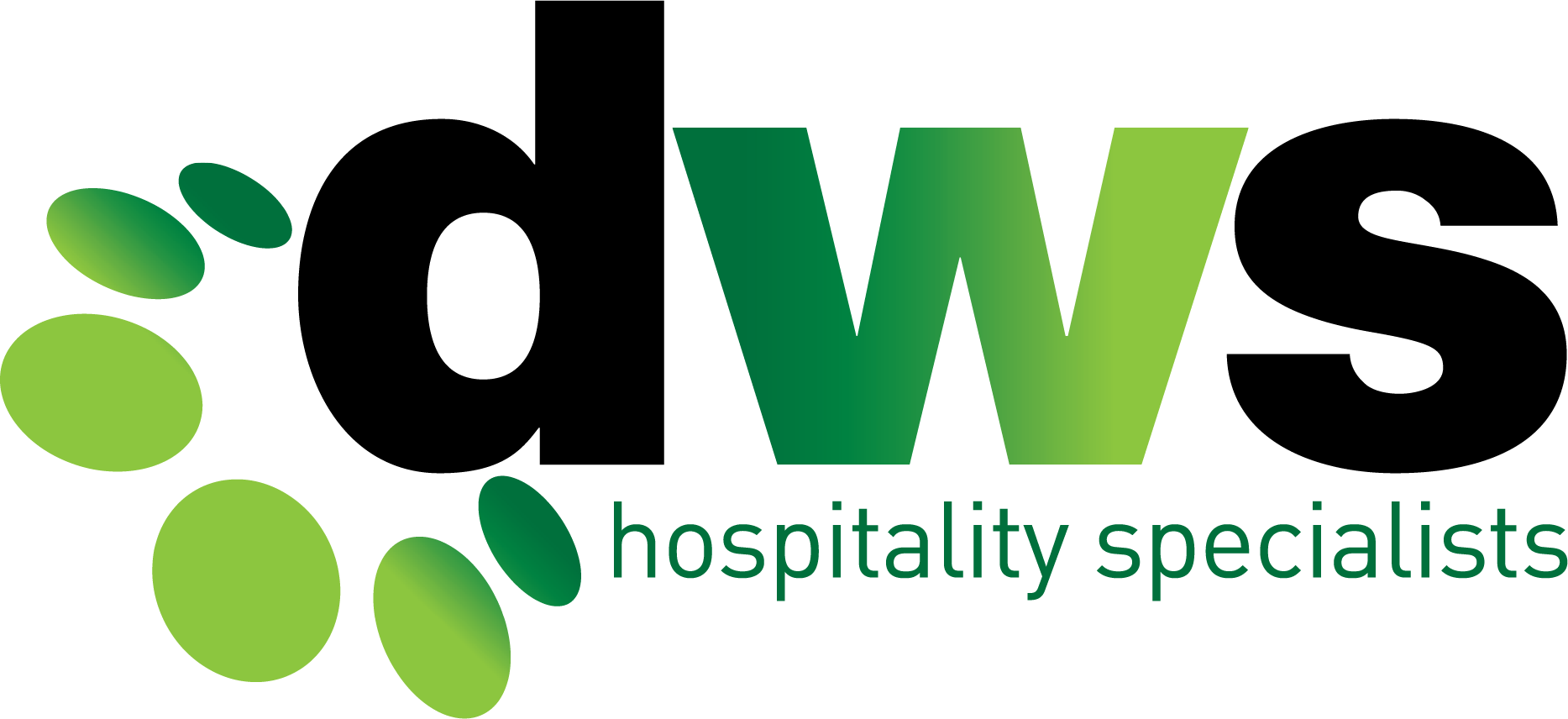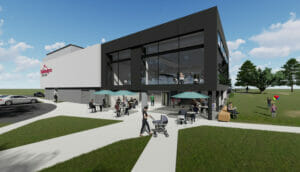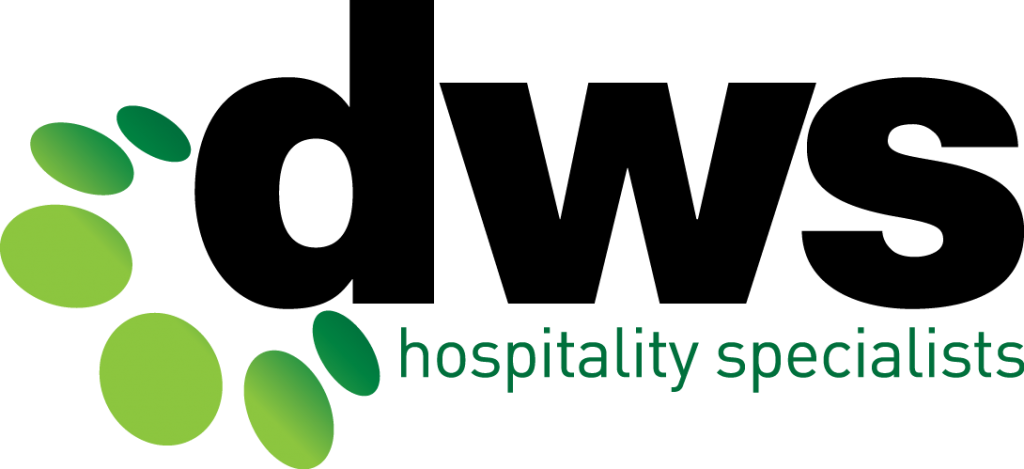 Licensees should be aware of the impending changes to the service, supply and management of alcohol within licensed venues with regard to the new Tackling Alcohol Fuelled Violence Legislation Amendment Act 2016. Licensees should be aware of the changes coming into effect from the 1st July 2016.
Licensees should be aware of the impending changes to the service, supply and management of alcohol within licensed venues with regard to the new Tackling Alcohol Fuelled Violence Legislation Amendment Act 2016. Licensees should be aware of the changes coming into effect from the 1st July 2016.
It is important for licensees to ensure that they know what they can and can’t do after this date, but more importantly they need to ensure that their staff are well informed of the new requirements as well.
To this end, we have provided a quick checklist of some the most important issues to cover at staff meetings and training sessions. Obviously you should ensure you maintain good due diligence and governance in relation to this matter and keep records of who was present, what they were told and when.
From 1 July 2016: (Remember this is a Friday)
Prescribed rapid intoxication drinks – after 12am (Midnight)
- No sale or supply of liquor in small drinking vessels such as shot glasses, test tubes or similar and no supply of drinks such as ‘jelly shots’, ‘bombs’ or such like.
- No supply of drinks, prepared on the premises, which contain more than 45ml of spirits (one and one half nips).
- No supply of pre-mixed (RTD) drinks that contain more than 5% alcohol or more than two standard drinks (they must meet both thresholds to be served after midnight) – e.g. – If they are 3% alcohol but there are 3 standard drinks in the container, then they are not acceptable.
- Cocktails are exempt from the ban on rapid consumption drinks post 12am, provided the following scenario applies:
- They must be listed, with a price, in the venue’s cocktail menu, which must be displayed. The cocktails listed in the cocktail menu cannot be sold for less than the listed price after 12am (midnight). However, this would not include a drink such as a ‘cocktail shooter’ which is specifically prohibited from being supplied after 12am (see above prohibitions).
- All other types of beer and wine can be supplied after 12am (midnight).
- Standard spirit drinks such as gin & tonic, rum & coke etc., can be supplied after 12am (Midnight) but must not contain more than 45ml of spirits (one and one half nips of spirit) – see above post 12am prohibitions.
Extended gaming hours – from the 1 July 2016 the amended trading hours will also come into effect.
No licensed venue is permitted to provide the service of liquor beyond 2am unless they are located within a Safe Night Precinct (SNP) that has been approved to trade until 3am.
As such, if you are currently licensed to trade until 3am or later, but you are not located within a 3am SNP, your licensed trading hours will be drawn back to 2am automatically.
However, this ‘draw back’ does not apply to Gaming Licensing Hours – if your current Gaming Licence allows you to provide gaming until 3:30am then this authority will continue to be in place.
In essence this means you cease the service of liquor at 2am, allow 30 minutes ‘grace’ for the consumption of liquor and can then continue to allow patrons to remain on the premises to engage in Gaming until 3:30am.
The proposed ‘one-way door’ curfew does not come into effect until February 2017.
Licensees are also reminded that you can still apply for up to a maximum of 12 one-off Extended Trading Hours Permits, per calendar year, which can allow trade through until 5am.
Guideline 60 – Unacceptable liquor practices and promotions in licensed venues
As well as having to administer these new requirements it is also very timely to remind licensees of the need to ensure they have Harm Minimisation Plans (HMP) for every liquor promotion they provide at their venue.
It is not acceptable to merely have a reference to having harm minimisation practices in place in your RAMP.
The OLGR Guideline 60 states –
“Included are examples of practices and promotions that are considered unacceptable:
(a) regardless of how they are managed and controlled, due to their characteristics and associated potential harm or
(b) unless they are conducted in line with a documented management plan that includes harm minimisation measures to ensure stated negative outcomes (e.g. rapid or excessive consumption) do not occur and all staff are aware of such measures”
As can be seen, not only must you have an HMP for each promotion but all staff must also be aware of the HMP.
Of course with this requirement comes the need to be able to present the plan to an Investigator or Police Officer if so requested (to prove you have it).
DWS can assist licensees in managing these matters and can provide advice to assist licensees in achieving and maintaining compliance. If you would like to review your compliance management, please feel free to call us on (07) 3878 9355 or email info@dws.net.au.




